One of the most exciting aspects of medicine is how it constantly evolves and changes. New discoveries, advancements, and technologies emerge regularly, reshaping the way we understand and practice medicine. Keeping up with medical research is crucial for any doctor. Reporting suggests that most doctors, however, find it difficult to stay on top of current research in their fields.
Learning to make time for reviewing research while you’re still preparing for medical school can help you build a habit that will pay off later in your professional life. Here are some strategies for staying informed about the ever-changing landscape of medicine.
Engage with Peer-Reviewed Literature
Academic journals are treasure troves of new information in medicine. Make it a habit to regularly peruse general journals like the Journal of the American Medical Association (JAMA), New England Journal of Medicine, or The Lancet, but don’t forget to find publications that are relevant to your interests and potential specialty choices.
Journals can be expensive to subscribe to. If you’re a student, find out whether you can gain free or reduced access to journals through your university library.
Follow Reliable News Sources
There are several reputable news outlets that cover medical breakthroughs and health-related topics. Websites like Medscape, STAT News, Mayo Clinic News Network, and ScienceDaily all offer reliable reporting on recent discoveries, clinical trials, and healthcare policies.
Subscription costs may be an issue with these publications, too. However, most will allow you to read a certain number of free articles every month, and most offer free newsletter subscriptions that send you regular digests of the most important stories. Setting aside 30 to 60 minutes a day to check these digests and follow up on the articles that most interest you can help you stay informed.
If you like listening to podcasts, it’s also worth checking out those produced by reputable medical news sites. Most will have a few different options to choose from, so you can catch up on new developments while you’re on your morning walk or washing your dishes.
Make Use of Social Media
Social media platforms can be powerful tools for staying abreast of medical developments. In addition to following publications and journals on these platforms, you can also follow influential figures in your field of interest, such as researchers, physicians, public health policymakers, and medical institutions.
Don’t just passively scroll, either. Share articles that interest you, ask questions of experts, and participate in relevant discussions. Learning to communicate with medical professionals as a younger peer from early in your career is valuable, and thoughtful interactions on social media can contribute to your development in that area. You can also consider joining professional interest groups on sites like LinkedIn or Facebook.
Go Out and Meet People
Conferences, symposiums, and seminars are excellent opportunities to learn about cutting-edge research and network with professionals in the field. Many organizations host virtual events, making it easier for students to participate regardless of their location.
You can also find extracurricular societies and clubs for premedical students at or through your university. Joining these organizations can provide access to resources, guest lectures, and networking opportunities with peers who share your passion for medicine.
Don’t Just Focus on Biology
Remember that lab science is not all there is to medicine. It's crucial to stay informed about ethical dilemmas, cultural considerations, and healthcare disparities. Understanding the broader context in which medicine operates will make you a more compassionate and socially responsible healthcare professional.
Reading about healthcare policy and studies that look at the health implications of behavior, socioeconomic status, and other human factors will help reinforce your ability to evaluate a patient’s situation holistically.
Realize That You Can’t Know Everything
A 2023 Medscape article reported that the total amount of medical knowledge produced in the world doubles roughly every two months. There is no way you will be able to keep up with everything that’s happening in every aspect of medicine. If you provide yourself with an information diet that’s consistently high-quality and varied, however, you should be able to stay informed about major developments.
You’ll also hone your ability to determine which studies are worth integrating into your clinical experiences and which require more research first. After all, the goal of staying abreast of medical developments is to use them to help patients!



